CODE OF CONDUCT
ISCB Conferences
The International Society for Computational Biology, Inc. (ISCB) assumes that most people are intelligent and well-intended, and we're not inclined to tell people what to do. However, we want every ISCB conference to be a safe and productive environment for everyone. Attendees should respect common sense rules for public behavior, personal interaction, common courtesy, and respect for private property.
ISCB doesn’t condone harassment or offensive behavior, at our conference venues or anywhere. It's counter to our organization values. More importantly, it's counter to our values as human beings.
Abusive, racist, sexist, harassing, or threatening behavior towards any other participant or directed at any organizer, student volunteer, ISCB staff, convention center staff, or security will not be tolerated.
We invite you to help us make each ISCB conference a place that is welcoming and respectful to all participants, regardless of race, gender, age, sexual orientation, disability, physical appearance, national origin, ethnicity, or religion. This allows everyone the opportunity to focus on the conference itself, and the great networking and community richness that happens when we get together in person. Please report any incidents in which an attendee of the meeting is abusive, insulting, intimidating, bothersome, or acting in an unsafe or illegal manner to ISCB staff or security immediately.
We expect all participants to follow the Code of Conduct during the conference. This includes conference-related social events at off-site locations, and in related online communities and social media. Participants asked to stop any harassing behavior are expected to comply immediately. Conference participants violating this Code of Conduct may be expelled from the conference without a refund.
Please bring any concerns to the immediate attention of the event staff, or contact our Executive Director, Diane Kovats, at This email address is being protected from spambots. You need JavaScript enabled to view it.. We thank our participants for your help in keeping the event welcoming, respectful, and friendly to all participants.
top







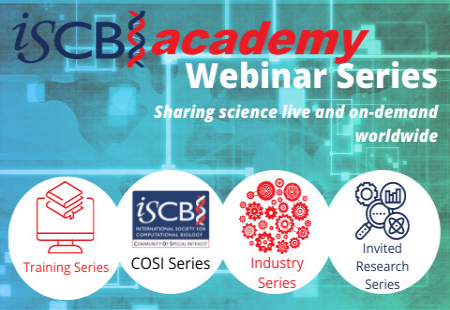

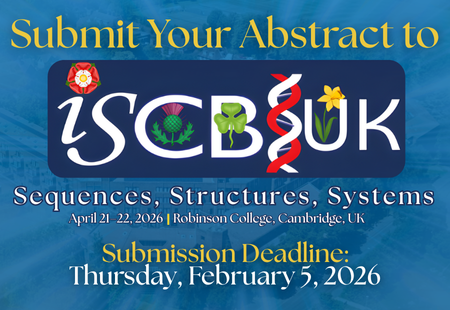
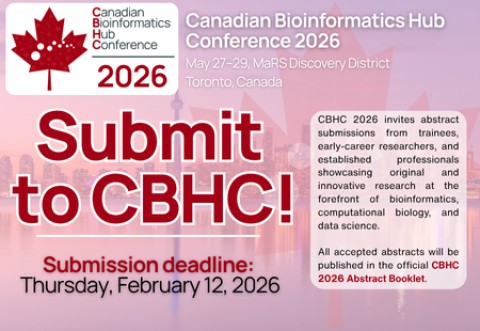
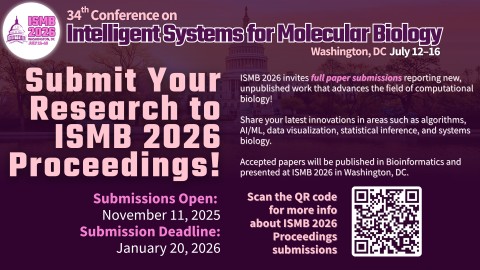

















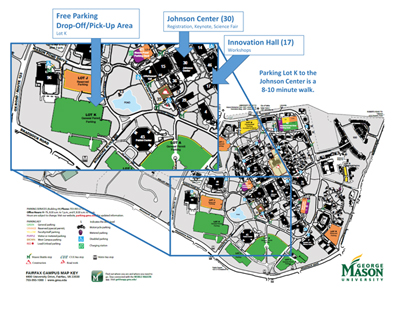
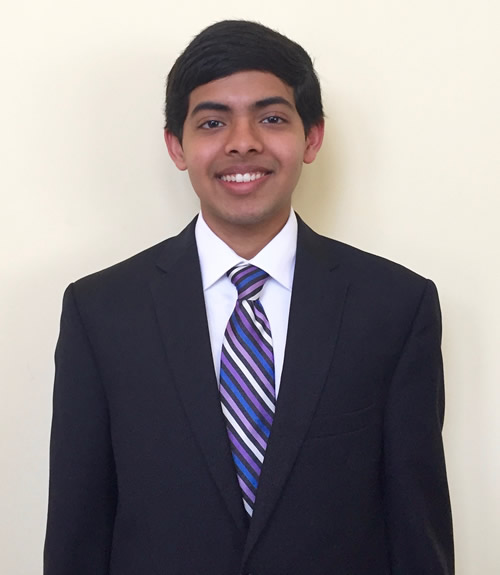 The Youth Bioinformatics symposium was inspired by a local high school student who attended ISMB, the flagship meeting of ISCB, in Dublin, Ireland.
The Youth Bioinformatics symposium was inspired by a local high school student who attended ISMB, the flagship meeting of ISCB, in Dublin, Ireland.



